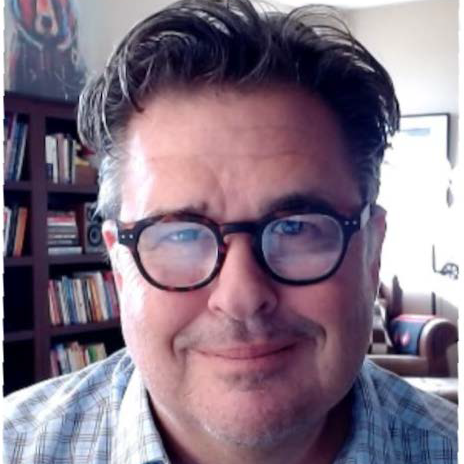|
The panel brings together cultural heritage and NEPA practitioners to take an in-depth look at the current NEPA definitions of Direct and Indirect Impacts, and Effects and discuss how these changes affect cultural resources review under Section 106 and NEPA. The panelists, Heather Miller, Michael Smith, and Scott Phillips, along with moderator Brian Durkin, will highlight the recent James River transmission line court ruling (National Parks Conservation Association et al vs. Semonite) as a backdrop for the discussion. The panelists will recap the court case and some of the citing cases, look at the new vs. old language and how it might have affected the ruling and its impact on future cases. They briefly present the long-sorted history of the NEPA–106 process, assess traditional understandings of NHPA, and discuss how the new definition of effects will change consideration of cultural resources. Brian Durkin ties it all together and outlines several caveats and teaching points for moving forward with a “modernized” approach.
|
|
 Brian Durkin, MA, JD Brian Durkin, MA, JD
Archaeologist
Historical Research Associates, Inc.
Since joining HRA in 2017, Brian Durkin has worked on a varity of archaeological suveries thoughout Washington and the Paicific Northwest. Brian began his archaeological career at the University of Washington in 2004. While achieving his BA in anthropology, Brian worked in the Burke Museum of Natural History and Culture and attended a field school in northern Alaska, near the Arctic Circle. Brian continued his education at the University of Utah while working in cultural resource management (CRM) throughout the west. Once he earned his MS in Archaeology, Brian’s focus switched to the laws and policies of CRM and historic preservation. After earning his JD from Vermont Law School, Brian worked in CRM in Washington and advocated for improving the field. Now, Brian uses his understanding of the law, policy, and archaeology to carry out CRM projects in Washington.
|
|
 Scott C. Phillips, M.A., RPA Scott C. Phillips, M.A., RPA
Technical Director – Cultural Resources
SWCA Environmental Consultants
Scott Phillips is a subject matter expert in cultural resources management and he leads National Historic Preservation Act-Section 106 regulatory compliance efforts and Tribal relations endeavors nationwide at SWCA Environmental Consultants. Scott customarily manages these activities on large-scale or complex private and public projects involving multiple and widespread stakeholders, including as they intersect with National Environmental Policy Act review. He is adept in federal policies, regulations, and federal/tribal government-to-government consultation and in scaling address of these matters in proportion to full project concerns and dimensions. Scott began his career in cultural resources management in 1990. He received his M.A. in Anthropology (cultural focus) from the University of Colorado at Boulder.
 Heather Lee Miller, PhD Heather Lee Miller, PhD
Principal Historian and Vice President of Business Development
Historical Research Associates Inc.
Dr. Heather Lee Miller joined HRA in 2005 and works in both HRA’s History and CRM divisions. On the history side of the house, Heather has worked on complex research and writing projects pertaining to federal, state, and local environmental and tribal litigation. On the CRM side of the house, Heather works on projects related to cultural resources management, Section 106/110 and NEPA/SEPA compliance, the development of historic contexts, inventory and evaluation, and mitigation reports. From 2007–2015, she served as the lead of HRA’s aboveground history program (a subsection of HRA’s Cultural Resource Management division) before returning to focus more closely on litigation support projects, specifically regarding chlorinated solvents, PFAS, PAHs, PCBs, hexavalent chromium, and 1,4 dioxane, to name a few. An effective project manager with a strong grasp on cultural resources compliance and history as well as an eye for detail, Heather also has exemplary research, writing, and editorial skills, having worked for over two decades in scholarly journal and book editing. She has served as HRA’s marketing director since 2014 and became Vice President of Business Development in 2018.
 Michael D. Smith, PhD Michael D. Smith, PhD
National Practice Leader, Environmental Process and Policy
WSP
Dr. Michael D. Smith is a nationally-recognized leader in National Environmental Policy Act (NEPA) compliance with over 29 years of experience in project and program management, technical analysis, policy development, and training/education for a wide range of public and private sector clients. He is currently the National Practice Leader for WSP USA's Environmental Policy and Process Group. He has managed and provided compliance review for some of the nation's largest, most complex, and highly controversial projects, including major energy and transportation infrastructure projects, regulation of genetically engineered plants, commercial space transportation operations, and approval of new fuel economy standards for all vehicles operated in the U.S.
|